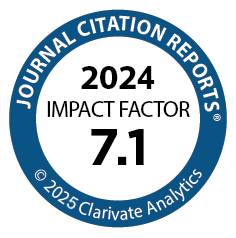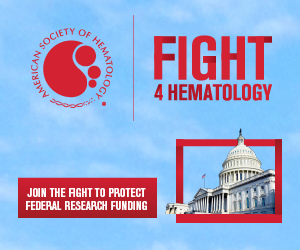Skip Nav Destination
Latest Articles
Advertisement intended for health care professionals



